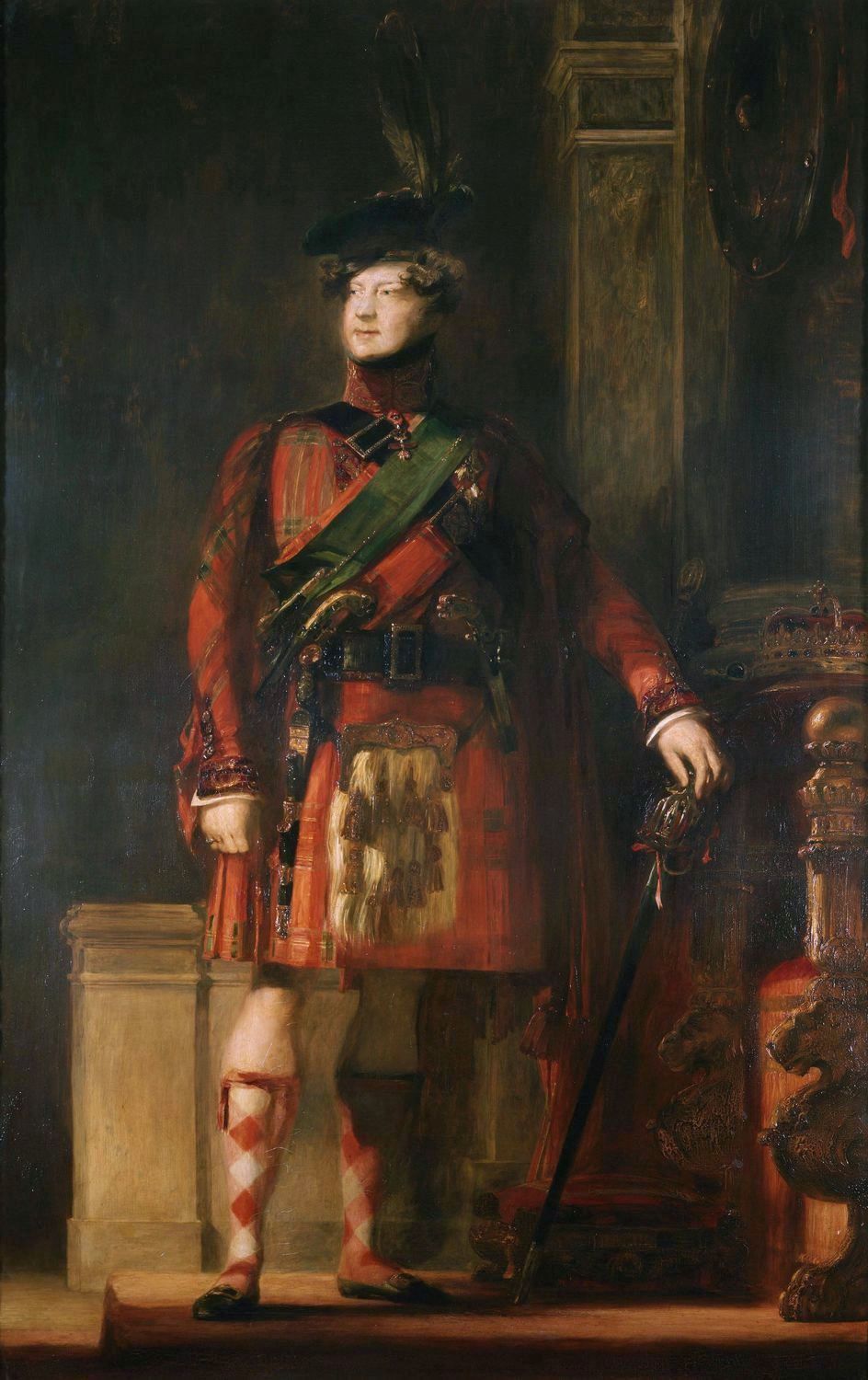Robin Orton wrote:mikecg wrote:Dr Jekyll and Mr Hyde - Robert Louis Stevenson
Another one I feel ashamed not to have read - thanks, Mike.
I always think of Robert Louis Stevenson as the quintessential story teller - by the late 19th century professional writers like him had worked out as well as anyone has ever since how to grip the reader with an enthralling yarn, and not let anything else get in the way. Conan Doyle and Rider Haggard were similar contemporaries. But recently I've read a few Walter Scotts, and one of them, Rob Roy, Stevenson himself thought the best ever novel written. I can see why, and I can see how the the basic story of a relatively conventional young hero suddenly thrust into a wildly different, dangerous but exciting world, is the same as Kidnapped and Treasure Island.
But Walter Scott always has a political agenda, which is that two starkly opposed world views can be reconciled, generally in the person of the young hero and the girl he gets to marry. So Lowlander and Highlander, Catholic and Protestant, Norman and Saxon, etc. He also had another agenda, which was to get people to understand their history more sensitively; the second chapter of Old Mortality, which I read most recently, is more a statement of how he's going to do his historical research than anything to do with the story, making the case for oral history and popular culture rather than just political history. It left me wondering about the relationship between him and Macaulay; in early 19th century Edinburgh Scott was the editor of the Tory Quarterly Review, Macaulay a major contributor to the Whig Edinburgh Review. One of Macaulay's big innovations in historical writing was to give an account of the society in which political events would develop, but Scott was doing this before him, in his historical romances. I feel sure Macaulay would have been responding to this.
I think Scott is about as admirable a Tory as you can get - anything but stupid, sensitive to all sorts of position, wanting as much as possible to preserve society while allowing change for the better, and averse to any kind of dogmatism. Macaulay, OTOH, was a committed liberal in the language of the times, so now something of a favourite on the libertarian right. His belief in Free Trade and 'progress' led him, in 1830, to write this:
If we were to prophesy that in the year 1930 a population of fifty millions, better fed, clad, and lodged than the English of our time, will cover these islands, that Sussex and Huntingdonshire will be wealthier than the wealthiest parts of the West Riding of Yorkshire now are, that cultivation, rich as that of a flower-garden, will be carried up to the very tops of Ben Nevis and Helvellyn, that machines constructed on principles yet undiscovered, will be in every house, that there will be no highways but railroads, no travelling but by steam, that our debt, vast as it seems to us, will appear to our great-grandchildren a trifling incumbrance, which might easily be paid off in a year or two, many people would think us insane. We prophesy nothing; but this we say: If any person had told the Parliament which met in perplexity and terror after the crash in 1720 that in 1830 the wealth of England would surpass all their wildest dreams, that the annual revenue would equal the principal of that debt which they considered as an intolerable burden, that for one man of ten thousand pounds then living there would be five men of fifty thousand pounds, that London would be twice as large and twice as populous, and that nevertheless the rate of mortality would have diminished to one half of what it then was, that the post-office would bring more into the exchequer than the excise and customs had brought in together under Charles the Second, that stage-coaches would run from London to York in twenty-four hours, that men would be in the habit of sailing without wind, and would be beginning to ride without horses, our ancestors would have given as much credit to the prediction as they gave to Gulliver's Travels. Yet the prediction would have been true
while Scott's understanding of how unsystematic ordinary humanity is allowed him to carry off a PR spectacular, besides which the recent Olympics will pale, when he got the Prince Regent to wear a kilt in Edinburgh to endorse his irenic reimagination of Scottish history.

Robin Orton wrote:mikecg wrote:
The Communist Manifesto - Karl Marx & Friedrich Engles
.
Not you as well as Tim, Mike! This forum is being taken over by unreconstructed Bolsheviks.
I am not and never have been ... but the Communist Manifesto is well worth reading. I think his journalism is well worth reading too, although he tended to get over excited, predicting immanent revolution when a mob pulled down the railings round Hyde Park. Tories like Scott understood humanity better.

